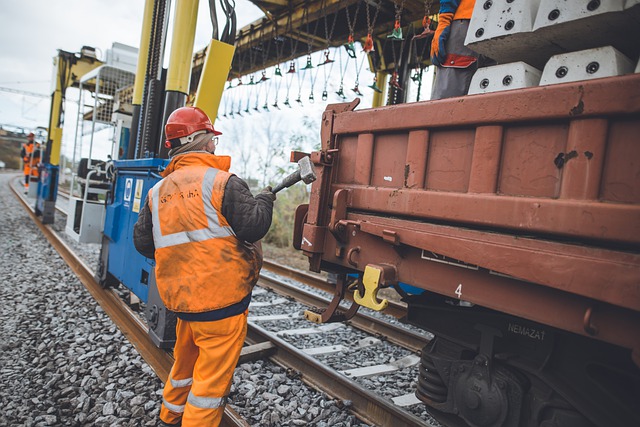
Active and retired railroad workers have a very high incidence of developing lung cancer, often as a result of exposures to asbestos, diesel exhaust, silica sand, welding fumes, and other cancer-causing dusts and fumes. Our office has witnessed first-hand how a cancer diagnosis can lead to worry and uncertainty. The good news is that there are a number of new medical treatments which have proven highly effective at treating lung cancer.
Lung cancer is the most common type of malignancy and the deadliest type of cancer in the United States (source). There are two main types of lung cancer, small cell lung cancer (SCLC) and non-small cell lung cancer (NSCLC). NSCLC is the most common type of lung cancer and has two main subtypes, adenocarcinoma and squamous cell carcinoma. Some significant advances in medical treatments are now available to those with adenocarcinoma.
Historically persons have been diagnosed with lung cancer after undergoing a biopsy procedure during which lung tissue is surgically removed and then examined under a microscope. Thanks to advances in medicine, physicians can now perform additional testing (known as biomarker testing or next-generation sequencing) on the lung tissue to look for changes or alterations in the DNA that might be causing the cancer tumor to grow. A simple analogy about these DNA changes or alterations is provided by the American Lung Association:
“One way to think about it is that our DNA is like an instruction manual. If there is a typo in the instruction manual, the cell receives wrong instructions and can grow into cancer. Biomarker testing looks for those typos, so physicians know if you are a candidate to receive a targeted therapy that directly addresses those typos” (https://www.lung.org/lung-health-diseases/lung-disease-lookup/lung-cancer/symptoms-diagnosis/biomarker-testing/egfr).
For persons suffering from adenocarcinoma, physicians may order next-generation sequencing to look for the EGFR (epidermal growth factor receptor) mutations. EGFR-positive lung cancer currently represents 10-15% of all lung cancers in this country. Any type of mutation, or “typo,” in the EGFR gene can promote cancer growth. For persons who undergo biomarker testing and who are EGFR-positive, there are certain targeted treatment options which are showing great promise. These treatment options can include EGFR-targeted tyrosine kinase inhibitors (also known as TKI), such as Afatinib, Dacomitinib, Erlotinib, Gefitinib, or Osimertinib (https://www.cancer.org/cancer/lung-cancer/treating-non-small-cell/targeted-therapies.html). The choice of which inhibitor to use will rest with your oncologist. While these inhibitors will not “cure” the cancer, they can help control the cancer for months and even years. One remarkable thing about TKI’s is they are proving effective even in those persons who have been diagnosed with late-stage (Stage 4) cancer. Unfortunately, TKI or any targeted cancer treatment is expensive and, depending on the treatment, can cost tens of thousands of dollars per month. However, if you are an active or retired railroad worker, your current or prior railroad employer may be responsible to pay for the costs of medical treatment as part of any claim under the Federal Employers Liability Act (FELA). It is important to remember that under the FELA, such compensation includes money for the cost of your cancer treatment, for your pain and suffering, for emotional distress, and for any lost wages due to the cancer.
Recently, some of our retired railroad clients who suffer from lung cancer have undergone testing and learned that they are EGFR-positive. The good news is these railroad workers are undergoing successful and life-prolonging treatment. The bad news is that certain railroads chose to expose these workers decades ago to cancer causing substances such as asbestos, diesel exhaust, silica sand, welding fumes and other toxic dusts and fumes. Such occupational exposures have been shown to activate, cause and/or enhance these cancer-causing mutations according to medical doctors and experts who have investigated this issue. If you are an active or retired railroad worker who has been diagnosed with lung cancer, additional testing to look for mutations may provide life-prolonging treatment options. Feel free to contact our office for information about obtaining compensation for your cancer and for the costs of medical treatment.





